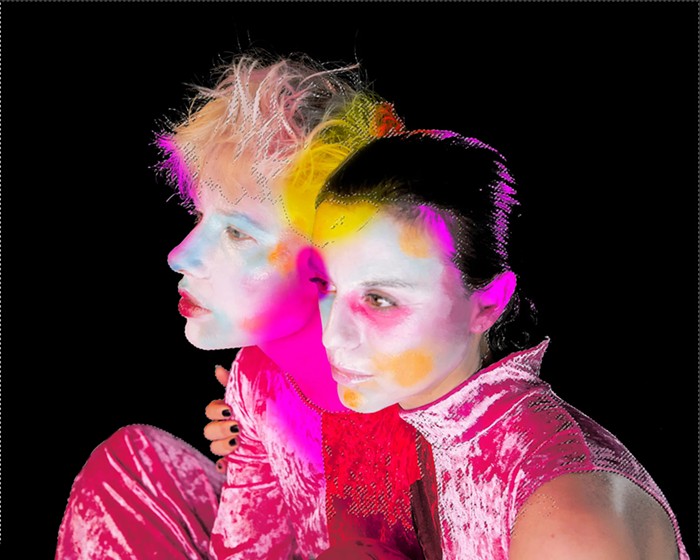Is it difficult to move from the software-design mindset to that of music creation, or are the two impulses complementary?
"It is indeed a very difficult situation from time to time," Henke says. "I like designing software, but it is also a very effective way to avoid dealing with music. I want to separate it more in the future. When I started writing software, it did enable me to do things that would have not been possible otherwise. Now, basically, every imaginable tool for creating sound is commercially available. So there is no need anymore to write it all by ourselves."
What are the guiding principles for Ableton's Live software, the applications/functions that are most important?
"A tool should be simple yet allow for complex results," says Henke. "Most music software has a pretty bad ratio of how much energy goes in till something useful comes out. A general approach at Ableton is to create tools that are easy to understand. Another focus is the usability for improvising, for supporting spontaneous decisions. We really wanted to create something that is for musicians rather than for engineers."
Monolake's own music is certainly danceable, but it also possesses an ominous aura that keeps it out of the sets of the big-room DJs. I've played some Monolake tracks in clubs before, and they definitely cast a dark spell over the room (a good thing, in my book). For this tour, Henke has "prepared a set that is more dancefloor-oriented and covers material from different albums. But I can manipulate it quite a bit so I can go more ambient or experimental if the crowd is willing to follow me."
Monolake has moved from the sparse, relatively light minimal dub-techno of his Chain Reaction days to a darker, more complex style of techno--from less linear to more abstract--with obvious ambient tangents like Gobi. The Desert EP. Does Henke find it easier or harder now to advance his music?
"I find it increasingly difficult," he states. "When I started making music, I was not aware of all the other artists. Now I know much more and I have many more objections against my own work. I plan to move in a new direction with my next releases, but I am not sure if I will succeed. Also, there is a general change in electronic music due to technology. For 30 years we could rely on technological innovation every year that would give us new ideas: a new software, a new album. Now there is not so much innovation anymore, and we have to focus again on music and less on sound research." Wherever these endeavors go, Henke is sure to be leading the way. DAVE SEGAL
Convergence is a benefit concert for the Decibel Festival in September. For more information, see www.dbfestival.com.
Sat Jan 31 with Lusine, Bruno Pronsato, Nordic Soul, Former Selv, and many others at Washington Hall, 153 14th Ave, 720-0285, 10 pm-6 am, all ages, $12 adv/$15 DOS. Ableton Live clinic at same venue, 7 pm, free with ticket purchase.



















